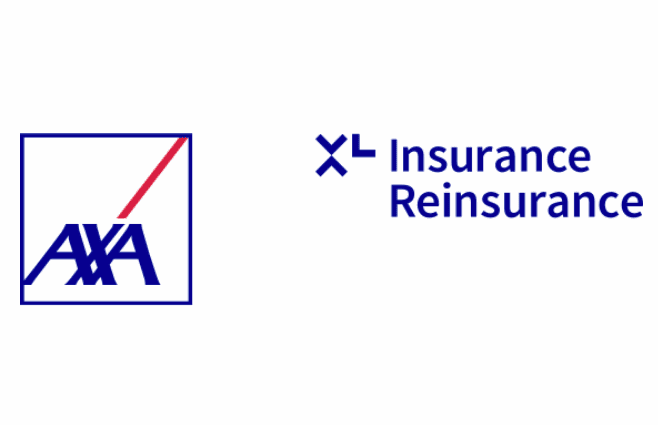AXA XL says EUR400m hurricane Ian claims lower than historical market share

AXA Group has announced its nine-month figures and revealed an estimate of EUR 400 million of claims after hurricane Ian, which are all expected to hit the AXA XL division and is gross of tax and net of reinsurance.
At EUR 400 million, AXA is basing its estimate on a US $60 billion industry loss and a 0.7% market share of that for its AXA XL division, which is the unit most exposed to hurricane Ian’s impacts.
Alban de Mailly Nesle, Chief Financial Officer of AXA commented, “This year has been marked by a series of natural catastrophes, notably Hurricane Ian, which is estimated to be one of the costliest hurricanes in the United States. We expect AXA XL’s market share of claims from Hurricane Ian to be around 0.7%, well below its historical market share, reflecting underwriting actions already taken to cut Nat Cat exposure.”
Which is notable, as AXA XL has been pruning back its natural catastrophe exposures in recent quarters, an approach that has really taken hold in 2022.
The reduction in natural catastrophe underwriting has accelerated at AXA XL it seems, with AXA reporting that AXA XL Reinsurance saw its revenues decrease by 20% to Euro 2.9 billion “as a result of a strong reduction in Nat Cat exposure, in line with our strategy.”
This strategy, of reducing nat cat exposure, has helped to insulate AXA Groups’ results against a more significant impact from hurricane Ian, it seems.
Having cut catastrophe exposure in AXA XL’s portfolio by 40% through renewals up to May, it seems that process continued at the mid-year renewals, which will have likely reduced AXA XL’s exposure in Florida somewhat as well, given it is a nat cat peak zone.
This repositioning, of retaining less property cat risk, has been ongoing for a while at AXA XL, with its ability to leverage third-party capital through its AXA XL ILS Capital Management unit assisting, we understand.
At the nine-month point of the year, AXA XL saw its reinsurance pricing rise by +5.1% across the year-to-date.
As a result, AXA XL will still have had plenty of opportunities to underwrite risks on behalf of the investors backing its range of insurance-linked securities (ILS) funds and structures
So, while revenues decline at AXA XL as premiums are written and less retained, if some are ceded on to third-party capital vehicles and funds under the management of AXA XL ILS, the company can still benefit from fee income by putting its catastrophe underwriting expertise to work on behalf of investors.






